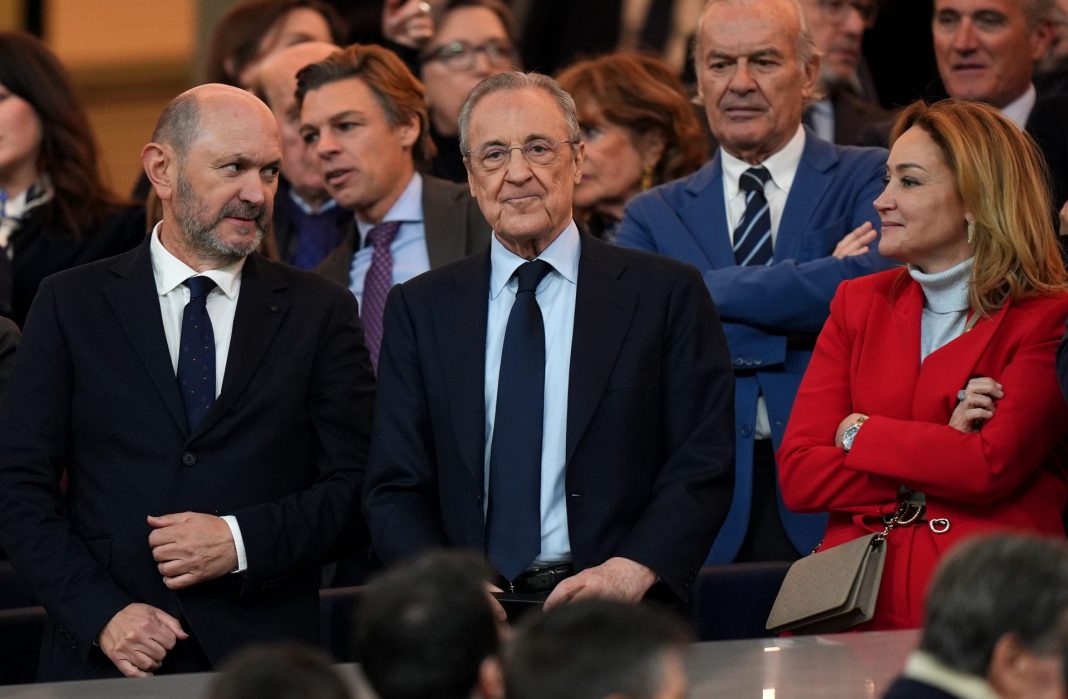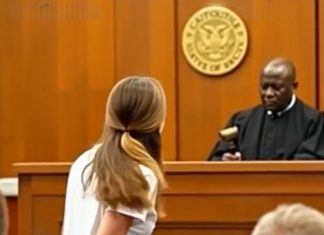Real Madrid’s Response to Referee Controversy: A Deep Dive
Recently, Real Madrid found themselves embroiled in a significant controversy surrounding comments made by referees Ricardo De Burgos Bengoetxea and Pablo Gonzalez Fuertes. In an official statement, the club expressed its strong disapproval of the remarks, which they interpreted as hostile and detrimental to the club’s reputation. These comments have brought to light longstanding concerns about the impartiality and professionalism of match officials within the Spanish football ecosystem. This incident has sparked a broader discussion regarding officiating standards in Spanish football and has led Real Madrid to demand that the RFEF (Royal Spanish Football Federation) take disciplinary measures against the referees involved.
In a dramatic escalation, Real Madrid announced that they would not participate in any pre-match activities, including press conferences and training sessions, as a form of protest against the perceived injustice. The club’s frustration was palpable, with reports suggesting that they were even considering withdrawing from the upcoming Copa del Rey final entirely. This situation highlights the intense pressure faced by clubs in high-stakes match environments, where officiating can directly impact outcomes, both on the pitch and in terms of club morale. For a club with the stature and history of Real Madrid, such a confrontation is not merely about a single match but represents a much larger battle over respect and fairness in the sport.
RFEF’s Response: No Changes to the Referee Team
In the wake of Real Madrid’s protests, RFEF President Rafael Louzan made a public statement addressing the situation. He reaffirmed that there would be no changes to the referee team originally assigned to officiate the final in Seville. Louzan stated emphatically, “The CTA [Technical Committee of Referees] has appointed a refereeing team, and that’s the way it is,” underlining the federation’s commitment to maintaining the integrity of the officiating decisions. This firm stance indicates a reluctance on the part of the RFEF to appear as if they are bowing to pressure from the clubs, which could set a problematic precedent for future disputes.
Moreover, Louzan called for calm and rationality from all parties involved, expressing his desire for a smooth conclusion to the matter. “I appeal for calm, responsibility, and common sense. I’ve already spoken with Real Madrid,” he remarked, reflecting an attempt to mediate the growing tensions. Louzan’s call for reason can be viewed as an effort to de-escalate a situation that threatened to overshadow the cup final itself. When pressed on whether the Copa del Rey final would proceed as scheduled, Louzan assured everyone, “Of course, yes.” This statement served not only as a reassurance for fans but also as a firm stance against any form of disruption that could arise from the ongoing controversy.
The Broader Implications for Spanish Football
The situation surrounding Real Madrid and the referees has not only drawn attention to the specific comments made but has also opened up a wider dialogue about officiating standards within Spanish football. Questions have arisen regarding the training and accountability of match officials, especially when their decisions can lead to significant repercussions for clubs both competitively and reputationally. This incident shines a spotlight on the critical need for thorough training programs and robust support systems for referees, who must navigate the pressures of high-stakes games while ensuring fair play.
Additionally, the implications extend to how clubs interact with referees and the governing bodies. Real Madrid’s bold stance could empower other clubs to voice their concerns more openly, leading to a potential shift in how officiating controversies are handled. In a sport where silence often prevails out of fear of repercussions, if players, coaches, and club executives feel empowered to speak out against perceived injustices, it could lead to a more transparent and accountable officiating framework in Spanish football. The conversation about referee biases, emotional involvement, and decision-making transparency is becoming increasingly vital as clubs navigate a competitive landscape.
Future of Real Madrid’s Participation in the Final
As the Copa del Rey final approaches, all eyes remain on Real Madrid and their response to the RFEF’s stance. Given the high stakes of the match, the club’s decision will likely reflect their priorities—whether to stand firm against perceived injustices or to compete in a pivotal match that holds considerable significance for their season. The decision to participate or withdraw could have ramifications not just for the team but also for how similar situations may be handled in the future. Should Real Madrid choose to participate, it could serve to reinforce their position as a club willing to withstand adversity while still valuing competitive integrity.
The club’s history of resilience may play a crucial role in their decision-making process. Real Madrid has a legacy of overcoming adversity, and their response to this controversy will likely become a defining moment for the club. Should they choose to play, it could symbolize a commitment to the sport and a willingness to face challenges head-on, despite the controversies surrounding them. On the other hand, walking away from the final could set a precedent, signaling that clubs must be treated with respect and fairness in all aspects of the game, and could inspire other clubs to adopt similar approaches in times of dispute.
Conclusion: A Turning Point for Spanish Football?
This incident serves as a crucial moment not just for Real Madrid but for Spanish football as a whole. The ongoing discourse surrounding referee accountability and club relations might lead to significant changes in how the sport is governed. As Real Madrid navigates this challenging landscape, the repercussions of their actions could resonate far beyond the confines of a single match. The future of officiating standards and club interactions is at a crossroads, and how this situation unfolds will undoubtedly shape the narrative of Spanish football in the years to come. In this era of heightened scrutiny and expectations, the demand for fair play and accountability becomes ever more essential, making the outcome of this controversy a pivotal touchpoint for the sport’s future.
“`
















